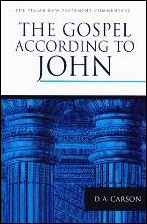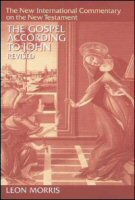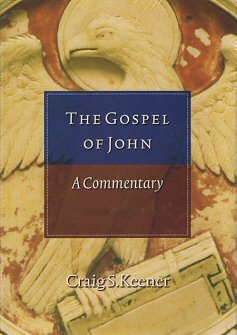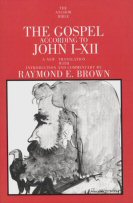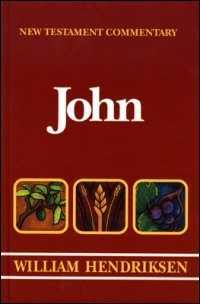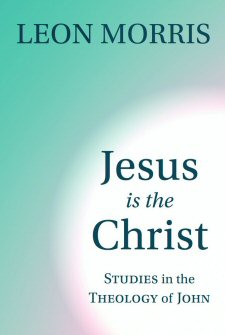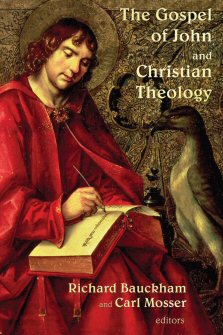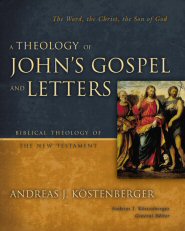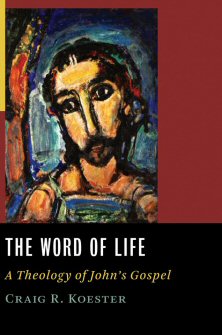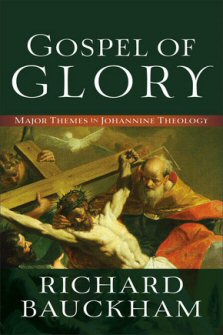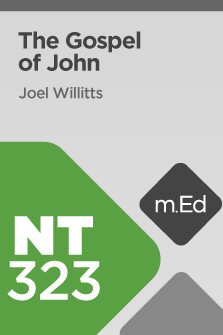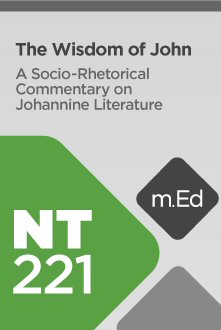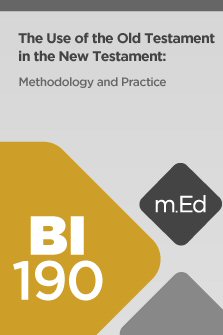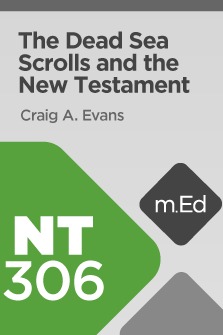John
Planning for an expositional sermon series on a book of the Bible typically involves hours of reading and studying the Bible and other resources before fleshing everything out. Often, preachers amass a small library for each book of the Bible they preach on. The John Expository Preaching Kit (L) does this for you. It curates the best Bible study materials (commentaries, Bible dictionaries, and expositional books) on the book of John along with the Bible study tools you need to streamline your sermon prep and presentation—all at an affordable price. The John Expository Preaching Kit (L) includes everything in John Expository Preaching Kit (S) and John Expository Preaching Kit (M), plus resources like The Gospel According to St. John: An Introduction With Commentary and Notes on the Greek Text; Pillar New Testament Commentary: The Gospel according to John; Exalting Jesus in John (Christ-Centered Exposition Commentary | CCE); and more.
Small
Medium
Large
